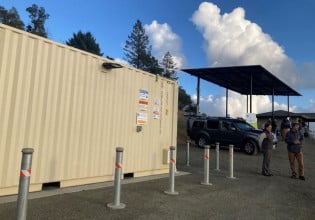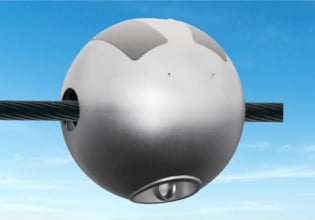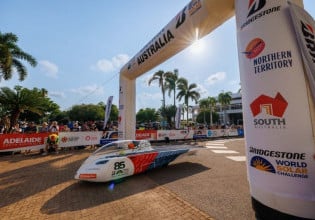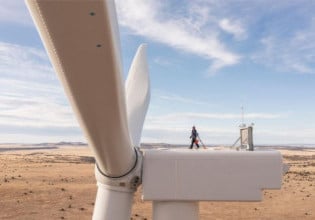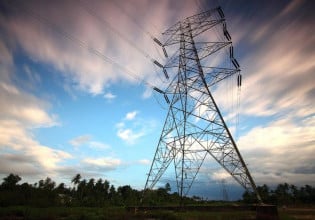Ionova Technologies, Inc. announced it has achieved a breakthrough in the value proposition of power storage. The zinc-ion based ZIP-Cap™ is expected to provide a 25-fold reduction in build cost, and a 5-fold increase in energy density – without the ultra-pure materials or expensive "dry-room" facilities that are necessary to build today's ultracapacitors.
Emerging growth applications ranging from hybrid electric vehicles to grid modernization and others demand the long cycle life and rapid charge rates ultracapacitors provide. However, the cost and modest energy density of current generation ultracaps have constrained their adoption. ZIP-Cap™ is being specifically developed to overcome these and other weaknesses. For example, in addition to improving price and performance, the ZIP-Cap™ enhances power storage value proposition by improving: Safety – water-based electrolyte decreases toxicity and flammability; Voltage Scalability – simplifies subsystem design; Manufacturability – can be made economically in existing battery plants.
"If you want to have a meaningful impact on the value proposition of power storage, it is not sufficient to merely improve device performance, materials cost or manufacturing costs – you must do all three," said Ionova CEO, Fraser Seymour. "ZIP-Cap™ accomplishes this in a way that also permits the leveraging of existing manufacturing plant. We believe this kind of breakthrough has the potential to accelerate many exciting new applications and catalyze growth markets."
ZIP-Cap™ is based on Ionova's unique metal/ion pseudo-capacitor™ architecture and 3-D Nanofilm™ technology developed under research programs with the U.S. Department of Energy, NASA and the Naval Research Lab. ZIP-Cap™ has demonstrated 50,000 charge cycles with a coulombic efficiency above 98% and without degradation of capacitance or resistance. ZIP-Cap™ is expected to provide 1 million charge cycles and withstand temperatures to –50°C.


